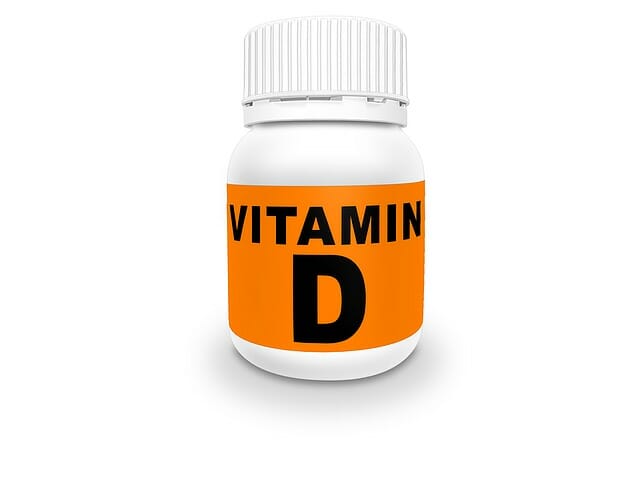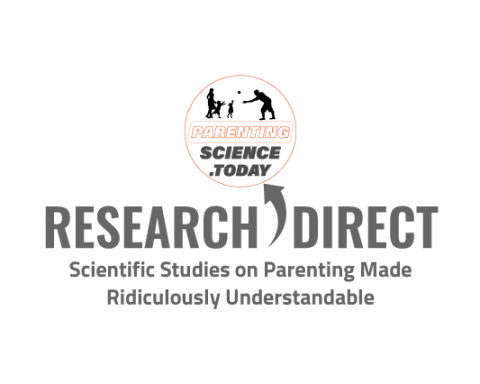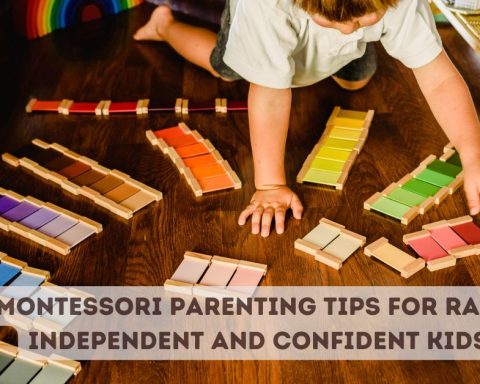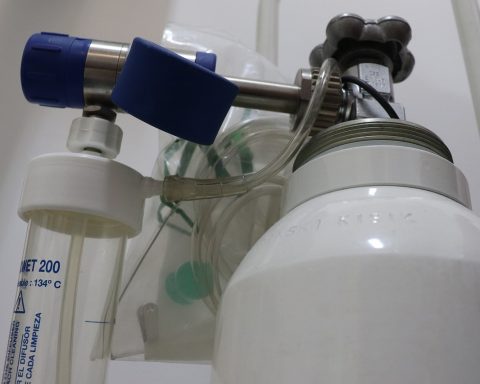Many cells of the human immune system have receptors for vitamin D on their surface. This characteristic suggests that vitamin D plays an important role in the body’s defensive processes as well as in the development of atopies, which are exaggerated immune responses (i.e., allergic reactions) to normal stimuli or elements.
Atopic children have high levels of immunoglobulin E (IgE) in their blood. IgE is a fundamental molecule in allergic responses, and it is closely related to vitamin D. Some researchers believe that maintaining normal levels of vitamin D during the prenatal and lactation periods (the times when atopies typically develop) can prevent atopic diseases.
How Does Vitamin D Affect Atopic Diseases?
A group of New Zealand doctors performed a study titled “Vitamin D Supplementation during Pregnancy and Infancy Reduces Aeroallergen Sensitization: A Randomized Controlled Trial” to determine whether vitamin D supplementation during pregnancy and infancy prevents atopic respiratory illness.
The researchers recruited 260 pregnant women (from twenty-seven weeks of gestation to birth) and their children (from birth to six months of age). They were randomly assigned to one of three groups. The first group received a daily placebo. The second group received a low dose of vitamin D. The third group received a high dose of oral vitamin D. The women in each group took either one drop of a placebo, 1,000 IU of vitamin D, or 2,000 IU of vitamin D per day from pregnancy to birth. The infants in each group took either a placebo, 400 IU of vitamin D, or 800 IU of vitamin D per day until they reached six months of age.
The researchers also interviewed the women during pregnancy and when the babies were two, four, six and eighteen months old. They collected demographic data and gathered information about the mother’s food consumption, infant feeding, sunlight exposure, primary care visits for asthma, and drug prescriptions.
When the children were eighteen months old, the researchers obtained a capillary blood sample from each child and measured serum vitamin D concentration. They also assessed each child’s sensitivity to house dust mites, cats, grass, tree and weed pollens, mites, and cockroaches.
Results
The study showed that vitamin D supplementation resulted in fewer children who were allergic to mites at eighteen months of age. Mite allergies are associated with an increased risk of childhood asthma. Compared to the placebo group, the groups that received vitamin D supplementation had a lower incidence of asthma, and fewer children were prescribed salbutamol or prednisone.
So, the researchers proved that vitamin D supplementation during pregnancy and infancy prevents sensitivity to mites, which is consistent with the observation that vitamin D affects immune functions.
Children who become atopic are at higher risk of asthma even if an asthma diagnosis is unclear at eighteen months of age. Therefore, a follow-up at a later date is necessary to confirm an asthma diagnosis. These findings also indicate that daily supplementation with vitamin D may prevent asthma in populations where both vitamin D deficiency and asthma are prevalent.
New and more specific trials should be conducted to analyze the role of vitamin D in the prevention of asthma, but these results are promising and seem to suggest that vitamin D supplements are beneficial for both mothers and children.
Visit a doctor before making any decisions regarding vitamin D supplementation to discuss its pros and cons. Also, breast milk is a good source of vitamin D, so don’t give up breastfeeding. Breastfeeding is still the best source of nutrition for babies.

Reference
Grant, C. C., J. Crane, E. A. Mitchell, J. Sinclair, Alistair Stewart, Tania Milne, J. Knight, Catherine Gilchrist, and C. A. Camargo Jr. “Vitamin D Supplementation during Pregnancy and Infancy Reduces Aeroallergen Sensitization: A Randomized Controlled Trial.” Allergy 71, no. 9 (2016): 1325–1334. Retrieved from https://onlinelibrary.wiley.com








